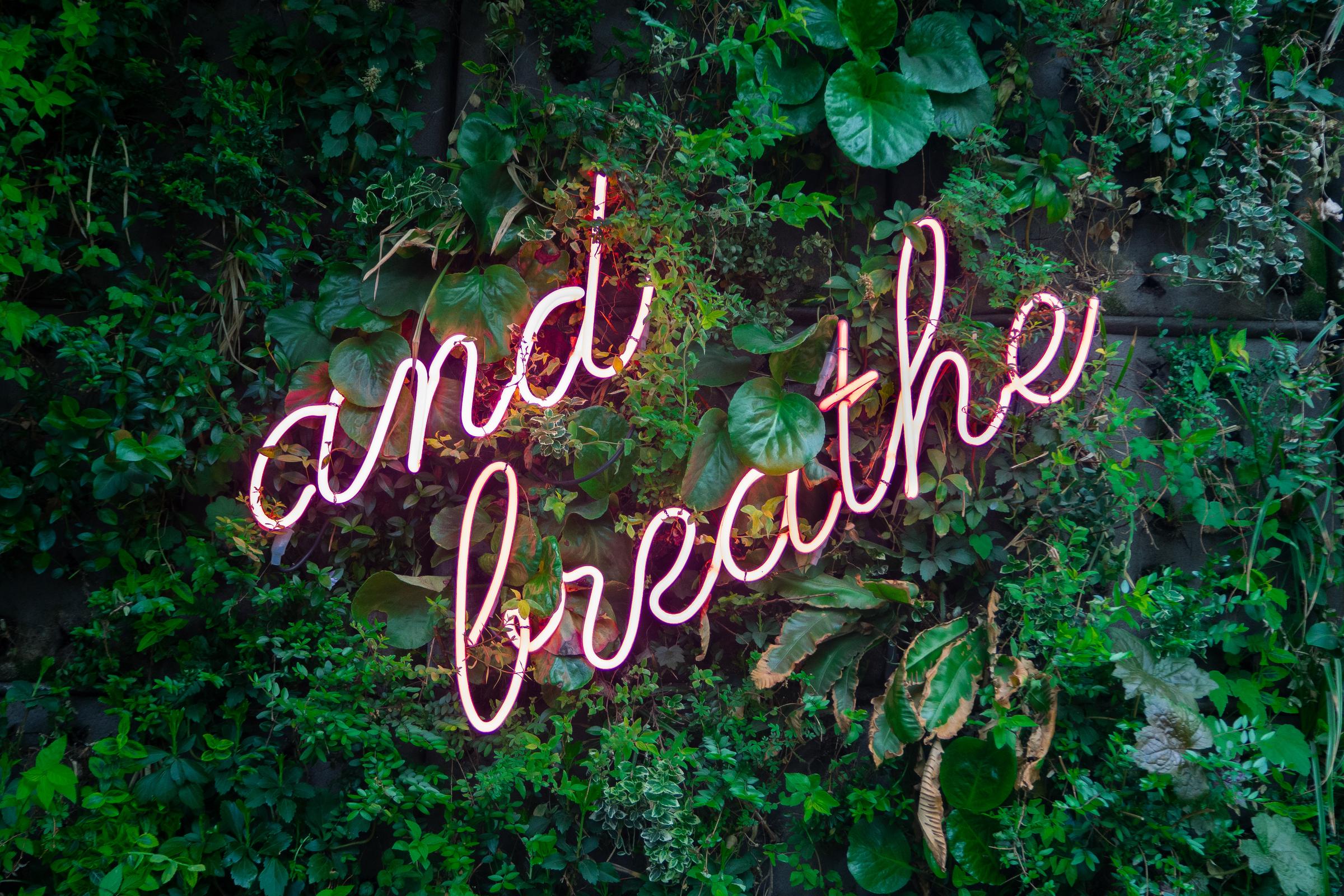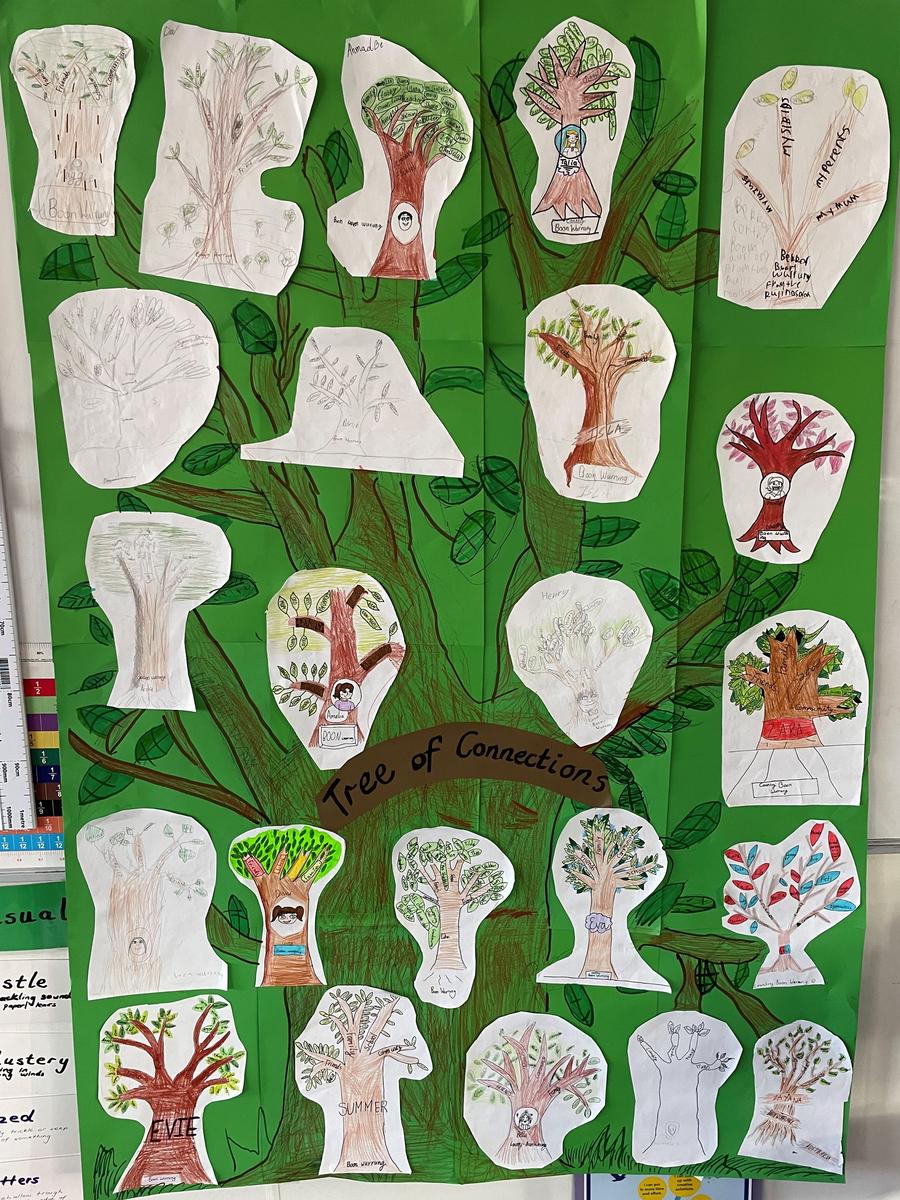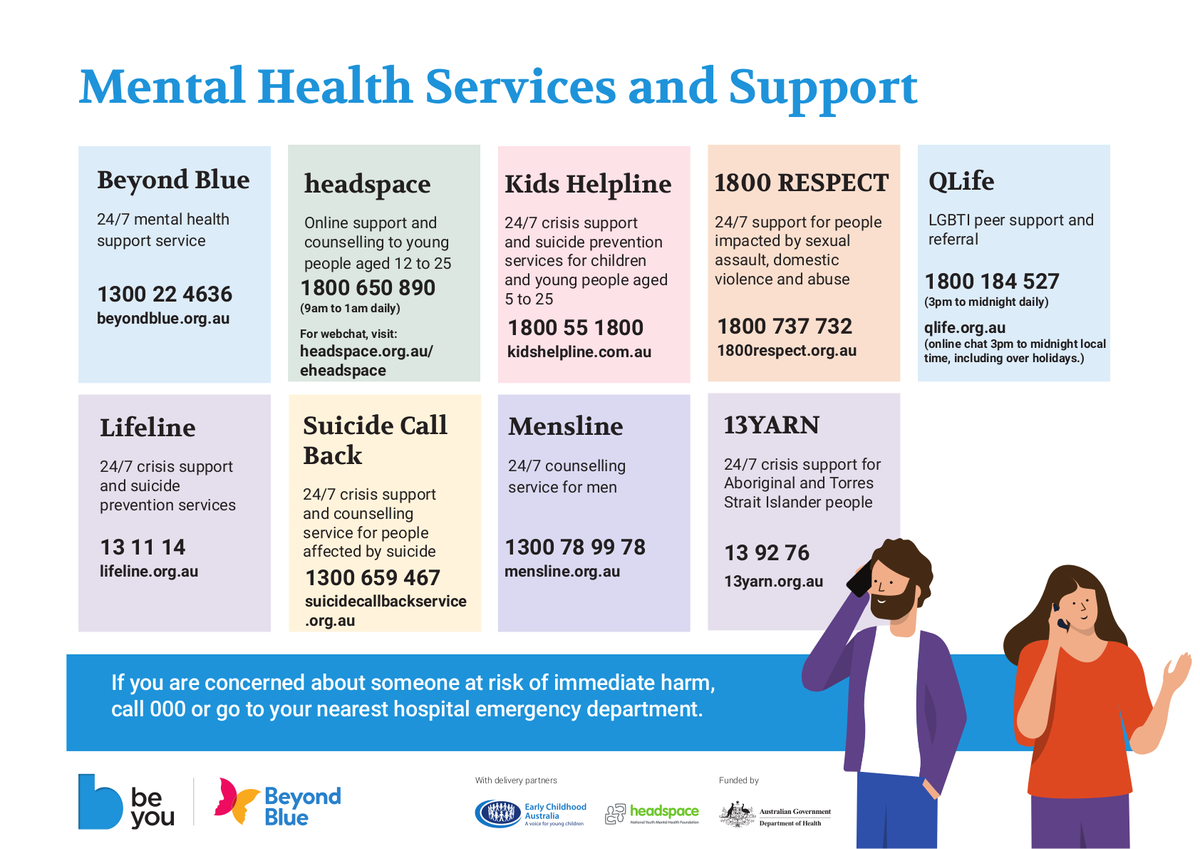Wellbeing @ NLPS

Body Kind: being kind to your Body
Last week a workshop was opened about body kindness, for a group of Year 6 students who chose to volunteer. It was run by the Butterfly Foundation, as part of their Body Kind Schools project.
The goal of this workshop was for us to help spread the message to the community to be caring and kind to ourselves, so that everybody can have the chance to improve their health by being kind and positive about your body.
We discussed that it is imperative that you treat your body correctly and love your appearance and be body kind. We learnt that Body Image is the thoughts and feelings we have about our bodies. It’s not about how you look though, but instead about how you think and feel.
We spoke about taking action against teasing and bullying, due to the differences with each other’s appearance and personality. We also focused on the importance of being yourself, being comfortable in who we are, and that what you think POSITIVELY about yourself, is the only thing that matters.
A very inspiring woman named Rachel led the workshop. She taught us that it doesn’t matter what strangers and society think about you, but that people who care about you will love you for being you! A key action to becoming a better version of yourself, is to embrace your differences 😊
We look forward to continuing to share this important message with you all, as we prepare for our OK2BEME day.
In a world where we can be anything, let’s help each other be BODY KIND!!!
By Zoe & Salome
National Day of Action against Bullying and Violence
On Friday 18th of August NLPS participated in the National Day of Action against Bullying and Violence (NDA).
Students in all year levels participated in lessons and activities which focused on this year’s theme: Growing connections. Research has shown that a sense of connection to school supports the development of positive social behaviours and decreases the likelihood and negative impacts of bullying. Let’s continue to say ‘Bullying. No Way!’ as everyone has a role to play for bullying prevention.
Welcome to Consent
Issues of consent, sexual assault, and gender inequality are often prominent in the media and community conversations. These issues are critically important. Our school in partnership with parents, has an important role to play in addressing this significant social issue. We teach Respectful Relationships education as part of the Victorian Curriculum, which focuses on building students’ social and emotional skills by supporting them to recognise and regulate emotions, develop empathy for others and build and manage safe and respectful relationships (including understanding consent).
Although the legal age of sexual consent is beyond primary-school aged children, we believe that a foundational understanding of consent at a young age may contribute to a stronger awareness of respecting the rights of others, when our students are older. Our intention is to be more proactive, rather than reactive.
At Newport Lakes Primary School, we are working hard to introduce the concept of ‘consent’ with our students. We are using the word ‘permission’ to support students’ understanding of consent. Consent needs to be considered and respected and can be found in a myriad of ways at our school. From asking someone to give them a hug, to playing with someone else’s toy – it’s everywhere, and very relevant for young children.
You may like to discuss ‘consent’ with your children at home, to reinforce this important concept.
Some key points to focus on at a primary school level could include:
- Consent is an agreement between two or more people about something that everyone is happy to do
- Sometimes people change their mind about consent. For example, a child’s brother might have let his sister borrow his soccer ball on Friday, but on Friday night he wanted it back because he forgot that he had soccer practice. He is allowed to change his mind and change his ‘yes’ to a ‘no’.
- Consent should be specific. For example, ‘Yes you can borrow my soccer ball for the school day on Friday, but I want it back at 4pm that same day.’
- Body language can help you to understand someone’s consent. If someone looks scared, worried, or uncomfortable, then they probably don’t want to give their consent.
- If someone says, ‘maybe’, or ‘not right now’, or ‘maybe tomorrow’, these all count as ‘NO’.
- If you ask for consent and the person doesn’t respond, or says nothing, then this is also not a ‘YES’ – it is therefore a ‘NO’.
At home, you could try and weave in the word ‘consent’ into conversation, where appropriate. For example, ‘I am happy to give you consent to go on that playdate next weekend.’
Our Respectful Relationships leaders have created a comic-strip style poster about consent at our school, and different situations where consent is needed. They have visited all classrooms to share these posters, so that consent is visible around our school. They have also made a video that has been shared with all classes, and all classroom teachers will be playing the following video, ‘Consent for Kids’. (Access at https://www.youtube.com/watch?v=h3nhM9UlJjc)
The book, ‘Welcome to Consent’ by Yumi Stynes and Dr. Melissa Kang may also be a useful resource in your home. A lot of it is more appropriate for high-school aged students, but you may find some of the content useful in preparing discussions for a later date with your child(ren).
As a parent or carer, if you or someone you know is impacted by sexual assault and needs support, please contact 1800 RESPECT on 1800 737 732 or visit www.1800RESPECT.org.au.















